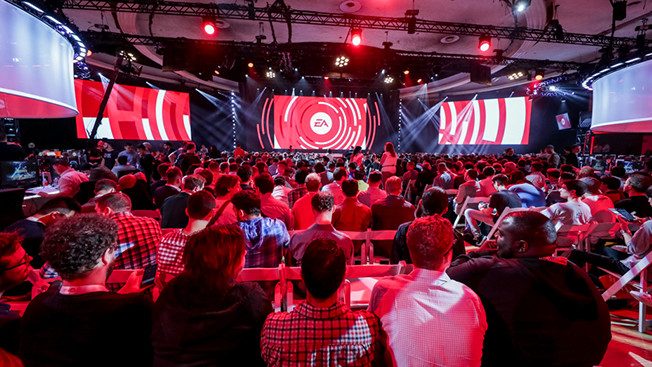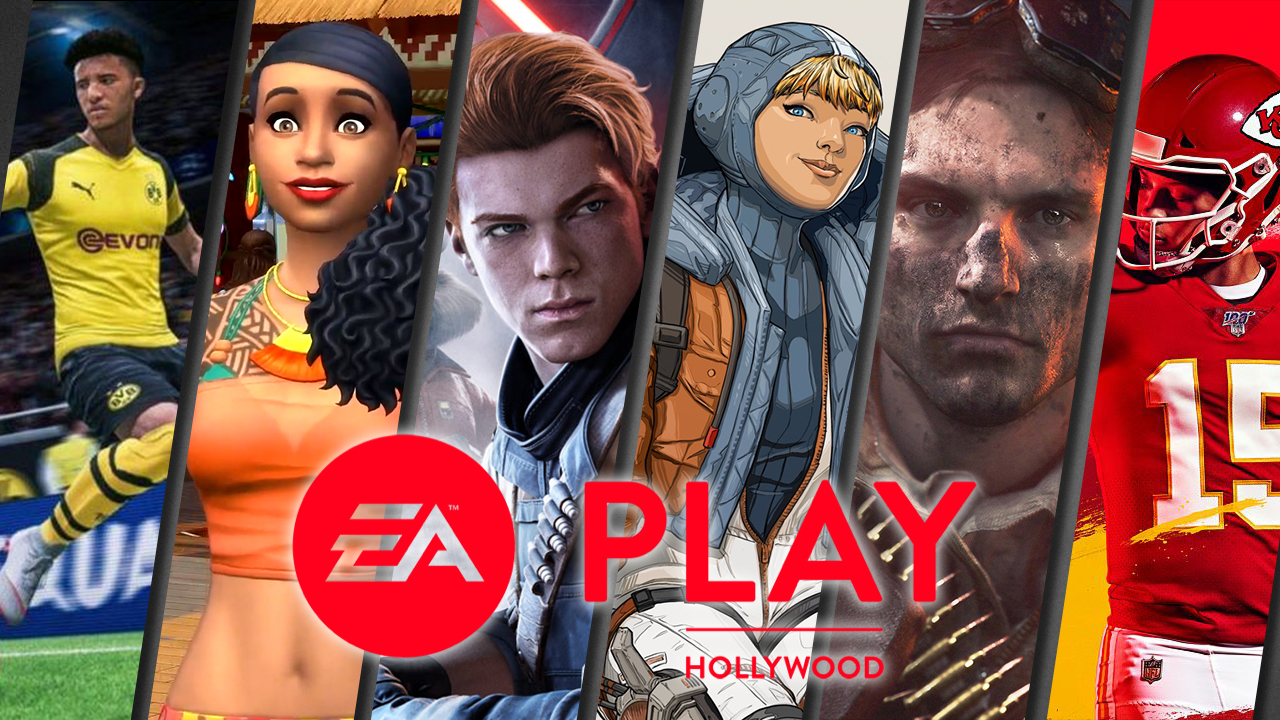EA Introduces Measures to Combat Community Toxicity
 |
| The EA press conference at the Electronic Entertainment Expo. Image: EA.com. |
The gaming community has always been chided for incidents specifically aimed against women and minorities involved. Whether in voice or by text, this breed of "toxicity" is rampant through in-game chat and even broaches into social media. Gaming companies have made many attempts to combat the insurgence of hateful speech in their multiplayer platforms, yet their attempts have been meager--not exactly at the forefront of their agenda.
However, Electronic Arts (EA) is determined to set a different precedent for the gaming community. Announced at the Building Healthy Communities Summit--a conference where the company discussed what efforts they're making to improve online player experience--and at its panel during the Electronic Entertainment Expo (E3), EA brought together 230 gaming influencers to form the Game Changers, a conglomerate of company partners who aim to improve game development with their involvement and help form a tighter form of communication between developers and player base. Outlined in a CNET article by Ian Sherr, their plan to change the issue of toxicity was detailed during the panel: regular reports on the health of the online community will be released by the company, and players will also be offered new tools to report any toxicity they see. A council of players, additionally, will assemble to examine these issues and discuss any measure the company can take to reduce the problem.
 |
| EA Game Changers. Image: EA.com |
 |
| A few of the games shown at this year's EA Play conference. Image: EA.com. |
As gaming — which was once seen as nerd stuff — has become popular, so have other nerd subcultures, including nerd humor and the way we talk on the internet, as opposed to how we talk in offline interactions. It’s snarky and ironic. So internet culture is a part of games culture, in a way. The feel of the internet lends itself to gamer culture.
If we were to change the way gaming communities speak to one another, even the experience of internet users may improve online. Amira Virgil is a popular custom content creator for the Sims series, and regularly streams on Twitch. While she broadcasts to many fans, some viewers enter and introduce toxicity to her stream chat, referring to her in harmful slurs. Why do people take to these measures? Internet anonymity brings a comfort to users that they otherwise do not receive in real life; by being able to mask their identity, users feel more comfortable acting in this way. What methods can social media platforms take against these? EA is encouraging a new way to handle online communities and help make them a more positive experience for its userbase. Could something like this be introduced to platforms like Twitter or Instagram? Earlier this month, YouTube took away personality Steven Crowder's advertising revenue for his use of hate speech against Vox journalist Carlos Maza, and a few incidents with advertising and hate speech have popped up since. With gaming companies making the jump to change how they treat toxicity, it may be time for other forms of new media and internet communities to catch up.
Comments
Post a Comment